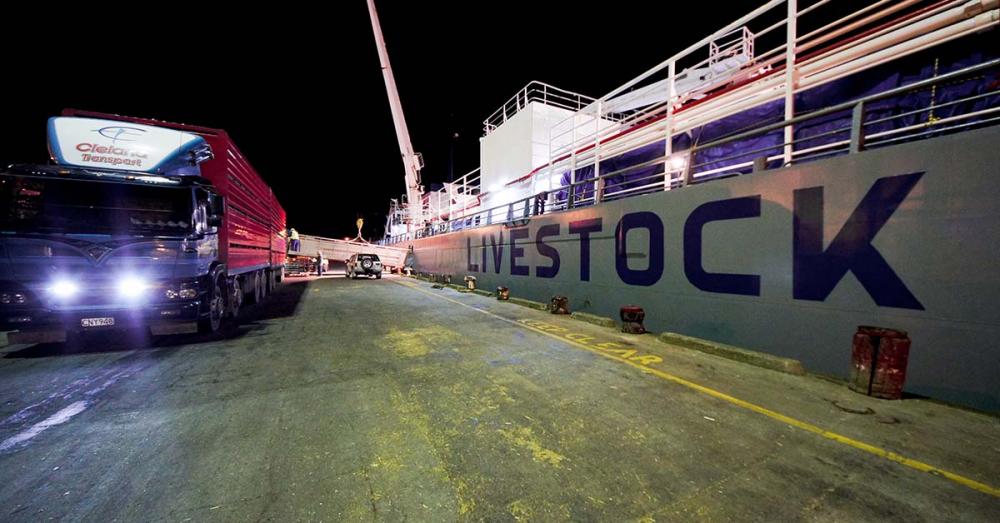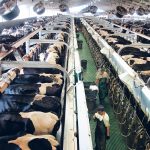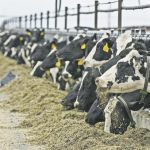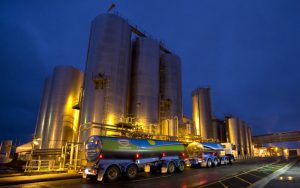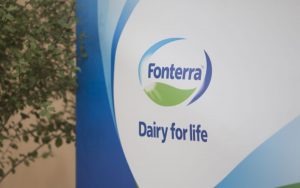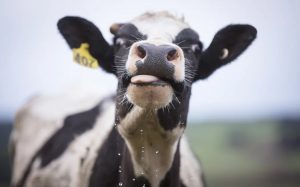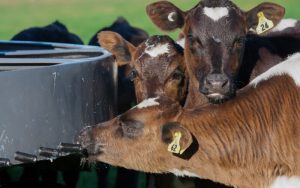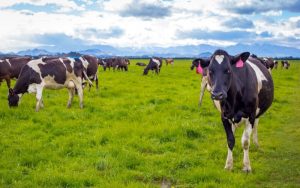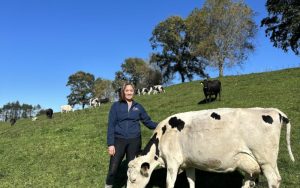
The new regulations, made under the Animal Welfare Act 1999 with the consent of the Executive Council and on the recommendation of Agriculture Minister Damien O’Connor, gives the industry certainty going forward, managing director of Genetic Development New Zealand (GDNZ) Dave Hayman says.
The Ministry for Primary Industries (MPI) imposed an immediate suspension of all live cattle exports following the tragic sinking of the Gulf Livestock 1 off the coast of Japan earlier this month.
MPI has since launched an independent review of the Gulf Livestock 1 tragedy to ensure people and animals on livestock export boats are safe.
A meeting of Cabinet on September 21 approved to regulate the initial indefinite suspension effectively halting all livestock shipments.
The new Animal Welfare (temporary prohibition on export of livestock by sea) Regulations 2020, including cattle, deer, goats and sheep, came into force on Tuesday.
These regulations provide for a two-stage approach to the prohibition.
An absolute prohibition will be in force until October 23.
This means that no livestock will be able to be exported by sea during this period.
MPI deputy director-general Karen Adair says this provides for the independent review to be completed, decisions made and for any operational changes to be implemented.
A conditional prohibition will be in force between October 24 and November 30.
During this period the Director-General of MPI will have discretion to approve the export of livestock by sea, subject to any conditions deemed necessary.
The conditional prohibition has been put in place to ensure that the Director-General can make decisions following the independent review.
Adair says during the post-election period, any significant decisions by ministers would be restricted by the caretaker convention, but the convention will not limit the Director-General’s authority.
Cabinet’s formalisation of the MPI imposed suspension follows collaborative industry and farmer negotiations with government officials.
Hayman says while exporters, as members of the Animal Genetics Trade Association (AGTA), supported the independent review, certainty was also needed for farmers and all involved in the industry.
Industry questioned the legality of the initial suspension and in working closely with MPI, offered a voluntary moratorium while the review process takes its course.
“We (industry) had two options, one to legally challenge and force the issue around the initial suspension, which was not the best option, or two, agree to a moratorium until October 23,” Hayman said.
“Everyone agreed the moratorium was a positive move.
“Farmers can have confidence that animals contracted for forward consignments will proceed.
“This is a great relief, particularly that the cattle in pre-export isolation (PEI) will be able to be shipped and that the ongoing plans for cattle purchases and preparation for export can resume.”
This includes the 25,000 cattle currently in PEI and with a $70 million value to industry will be shipped to China.
But it won’t happen overnight.
“Ships can be booked from October 24, but with big processes to organise, we can’t turn this around overnight,” he said.
In a letter to GDNZ vendors and agents, Hayman says farmers that supplied cattle in late August and are awaiting payment from GDNZ will all see payment arrive this week.
“Farmers with cattle tagged and waiting for testing, we can confirm that the import permit has been received and we plan to start the on-farm testing as soon as AsureQuality has programmed the work,” he said.
“These cattle will be able to start moving into PEI in the last week of October.”
Hayman says the delays have been problematic for farmers and that high additional costs have been incurred to manage the cattle in PEI and rearrange shipping.
“It is not clear if there is any prospect for recovering some of this loss, but we will consider options,” Hayman said.
The delay has pushed back the purchase of many heifers past the point where they would be mated as herd replacements or for sale in the local market.
“Fortunately, the Chinese buyers are also keen for the heifers to be mated if they meet the requirements,” he said.
Guidelines on how best to manage the bulls and mating plans are available to farmers.
“Meanwhile, we can now look forward to continuing to meet the strong demand from our customers through the end of 2020 and the first half of 2021,” Hayman said.
